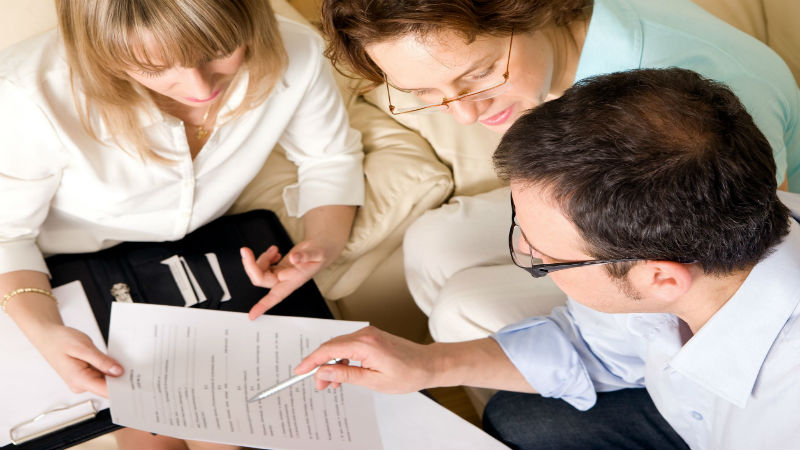The reverse mortgage is a federally funded loan program that is suitable for senior individuals who want to supplement their post-retirement income. The loan is repaid once the borrower passes away or moves out of the house.
Here we will inform about the eligibility requirements and restrictions regarding the loan program that is targeted to senior homeowners.
Eligibility Requirements of Reverse Mortgage
In order to be eligible for the reverse mortgage loan, you should be above the age of 62. Also, you must meet the financial eligibility criteria specified by the federal housing authority (FHA). Generally, you should be able to pay the insurance, property taxes and other property related charges. Moreover, the applicant of the loan should have the financial capacity to pay for maintenance of the home.
A financial assessment of the borrower is performed to ensure that the borrower has the ability to make the required payments. This involves looking at the residual income and credit performance of the individual.
Another important requirement of the reverse mortgage loan is that the individual should meet minimum property standards specified by the FHA. Approved properties include single family homes, approved condominiums, two-to-four unit owner occupied townhouses, and manufactured homes.
Keep in mind that there is a limit to the amount of fund for the first 12 months of the loan after which you can obtain any amount. The loan amount is determined by looking at various factors including:
* Age
* Home value
* Current rates
* Financial assessment report
* Type of reverse mortgage
An important point to remember regarding reverse mortgage loan is that it is a ‘non-recourse’ loan. This simply means that you or your heirs won’t have to make the loan payment other than from the proceeds of the sale of the home.
If you have more questions regarding reverse mortgage loan, you can contact Londonbridge Financial by filling your contact details here.


